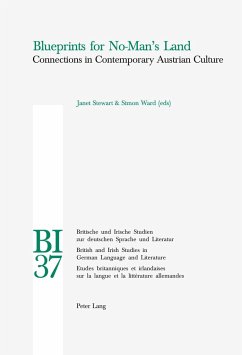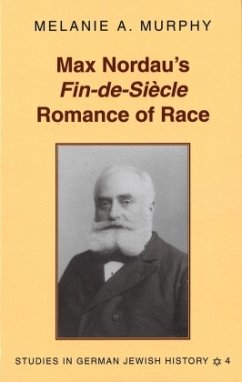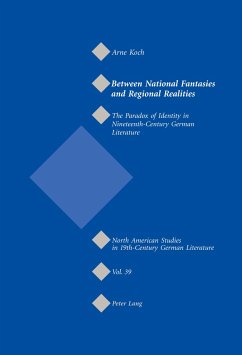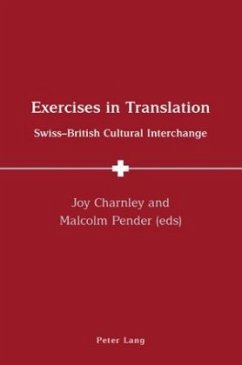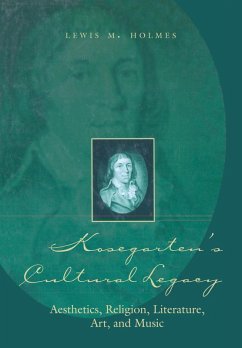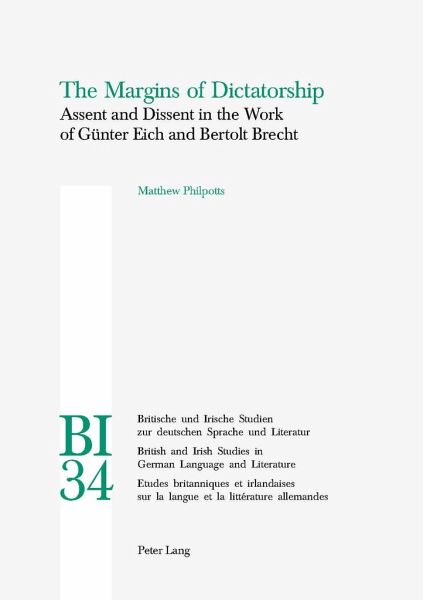
The Margins of Dictatorship
Assent and Dissent in the Work of Günter Eich and Bertolt Brecht
Versandkostenfrei!
Versandfertig in 6-10 Tagen
84,95 €
inkl. MwSt.

PAYBACK Punkte
0 °P sammeln!
In this study the author elaborates a comparative framework for analysing literary texts from the Third Reich and the GDR in terms of the extent of assent and/or dissent expressed through them towards the National Socialist and SED regimes. The author maps out areas of similarity and difference in the workings of cultural policy in the two dictatorships. In the second part of the study, Günter Eich's work for the Nazi radio system and Bertolt Brecht's cultural activities in the GDR act as case studies to illuminate the patterns of interdependent assent and dissent generated under the conditio...
In this study the author elaborates a comparative framework for analysing literary texts from the Third Reich and the GDR in terms of the extent of assent and/or dissent expressed through them towards the National Socialist and SED regimes. The author maps out areas of similarity and difference in the workings of cultural policy in the two dictatorships. In the second part of the study, Günter Eich's work for the Nazi radio system and Bertolt Brecht's cultural activities in the GDR act as case studies to illuminate the patterns of interdependent assent and dissent generated under the conditions of dictatorship.





